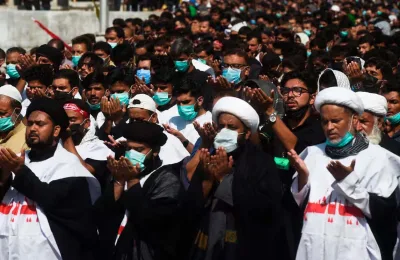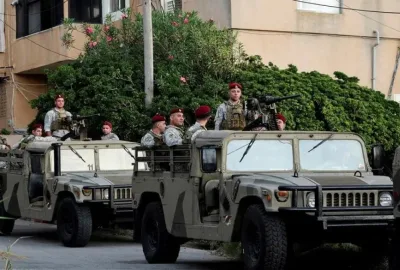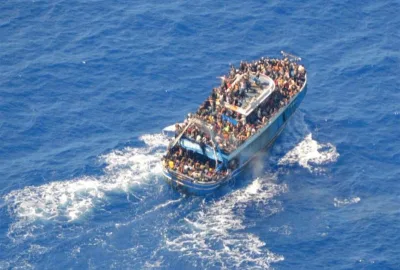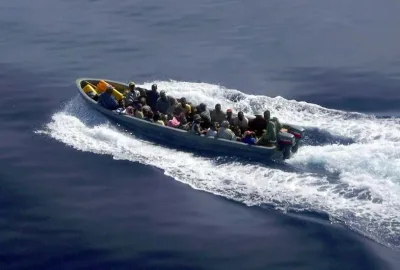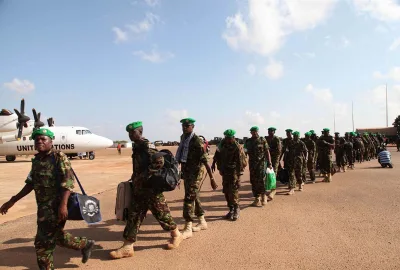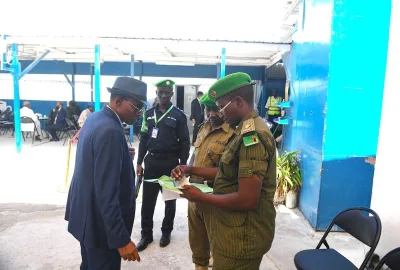Mr. Abdiaziz Hassan Mohamed, also known as “Laftagareen,” is a 53-year-old veteran politician, technocrat, and father…
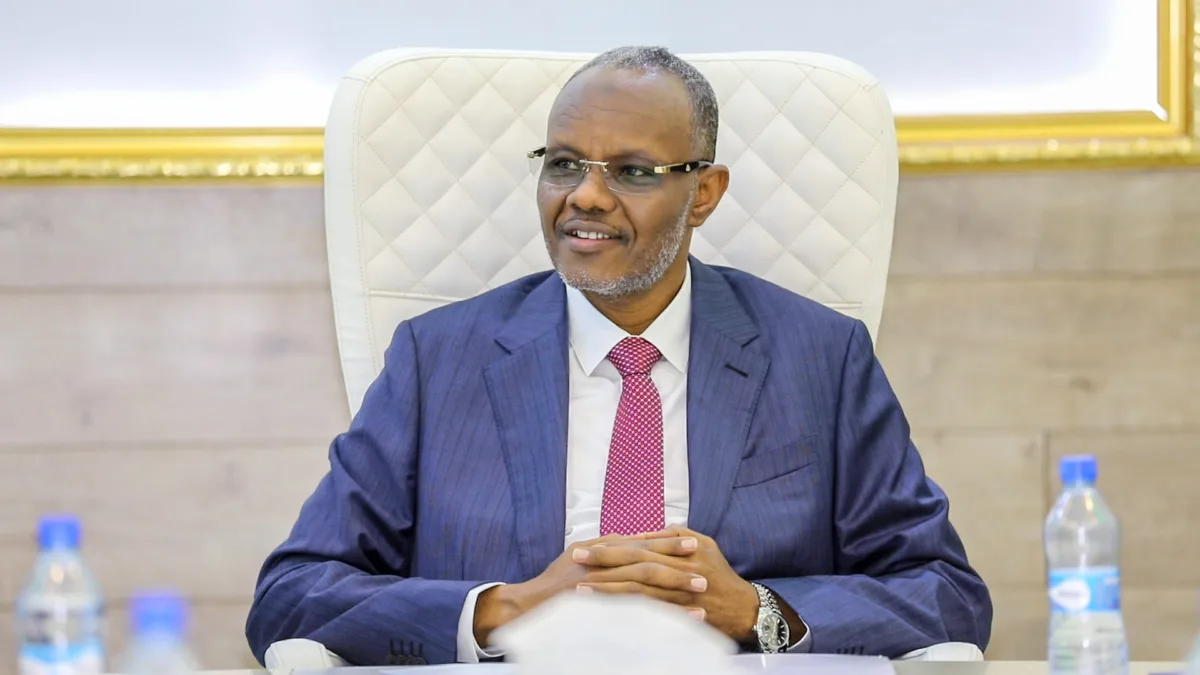
Mr. Abdiaziz Hassan Mohamed, also known as “Laftagareen,” is a 53-year-old veteran politician, technocrat, and father of four who has been striving for decades to bring about change among his people. Even though his term as Southwest State’s president will soon end, he has accomplished many fantastic achievements over the past four years.
His desire to alter the socioeconomic progress of his people has always been his goal. This desire informed his tireless energy paving the way for him to forge a close relationship with the late Hasan Muhammad Nur “Shatigadud,” the former head of the Rahanweyn Resistance Army (RRA), Some decades back during Somalia’s civil war, and whose dream was the establishment of an effective autonomous administration of the regions in Southern Somalia similar to the current Southwest Administration, but a bit far bigger encompassing swaths of areas now included in present Jubbaland.
Later, Mr. Laftagareen held various cabinet roles in Somalia’s succeeding governments between 2008 and 2010.
In late 2018, he took office as president of the Southwest State when there needed more progress in many dimensions. Still, in a short period, he made considerable changes to the administration despite numerous challenges like terrorist groups and frequent natural phenomena like a drought in those regions.
The notable point is that the Southwest State of Somalia, which had about 4 million population and an $8 million budget when he took office, lagged behind all other regions regarding infrastructure, economy, healthcare, and education. In contrast, Southwest State’s budget exceeded $46 million three years later.
The Southwest State President has drawn much praise for the hastened and impactful social, economic, and educational reforms that his administration initiated over the previous four years, despite criticism of how he ascended to the presidency. Notwithstanding the political polarization at the time, he concentrated on the state-building process and good governance initiatives. His tenure marked significant institutional progress, and when juxtaposed with the other Federal Member States in Somalia, Southwest State now boasts one of the most efficient and functioning institutions.
In stark distinctions to previous administrations, the president emphasized that institutions can only flourish with qualified civil servants. He used unique strategies to quickly increase the capability of Southwest state public employees by soliciting assistance from FGS and the other Federal Member States like Puntland State, which has been around for more than 20 years and has robust institutions. This outreach was tested and yielded a positive result. Almost a dozen trip exchanges were made among officials from Puntland and Southwest States to exchange knowledge sharing and boost the capacity of civil servants in the state.
In building the state, he worked hard to advance inclusive politics. He ran a campaign to establish district councils in most Southwest State districts. The first three years saw the establishment of councils in almost ten districts. Local governance structures remain a sore area of conflict drivers across Somalia. Establishing district councils with relative fallout is a testament to his leadership credentials.
Another similar apt example of his philosophical management of politics was how he managed the selection of Federal MPs from the Southwest Region, where almost 75% of long-serving and powerful MPs failed to maneuver in retaining their seats, replaced by vibrant and youthful MPs from respective clan constituencies, in a masterstroke political orchestration by Laftagareen, and where not even one single incident was reported in the town – uncommon in such situations. This level of change was not witnessed in many polling centers in Somalia. This sort of management style of local politics in Somalia was underpinned by his more profound understanding of Somalia’s political dynamics and intricacies, which many politicians may not have appreciated.
With respect to infrastructure development – in addition to the construction of several government institutions, including the Ministry of Education, Ministry of Planning, and State House, and the rehabilitation Shaatigaduud Airport runway, the administration, as per UNOPS Assessment Feasibility Study on March 2019 also constructed a 22km long road that significantly contributed to, to in-town connectivity and eased movement of goods and businesses. This is coupled with several other constructions of cobblestone streets that greatly improved the well-being of small businesses across cities. In Barawe, the administration also built an enormous cold storage facility supported by key development partners. The storage helps the fishery businesses efficiently process and market their fish business.
The success of his administration is credited with his foresight to prioritize core sectors for interventions, which have a multiplier effect on other governance areas. The identification and focus on security, justice, and socioeconomic development have yielded dividends for the administration. For instance, when it comes to security sector reform and justice, his administration aimed at realizing the initial objectives of developing robust and effective security forces. His efforts resulted in Baidoa receiving 1,000 well-trained Darawish forces, with 300 for each region in the Southwest State districts. This allowed a functioning police and justice system, and people had improved confidence in the justice system compared to the previous years when people sought justice outside of state structures. Security has dramatically improved, especially in Baidoa and Barawe, allowing both to witness developments.
On the other hand, the most apparent approach to demonstrate his efforts to address societal problems was to enhance the education sector. During his tenure, the 2,400 high school graduates at the time of his election to office tripled, and 31,000 additional students enrolled in classes.
Laftagareen philosophy of leadership is one of unity, nationalistic ideals, pragmatism, moderation, and consensus-driven. Despite the trouncing of Mohamed Abdullahi Farmaajo, his preferred candidate for the Federal Presidency, he slowly struck a somewhat uneasy but working relationship with Hassan Sheikh Mohamud, the newly elected president. This was despite the trust deficit between the two underpinned by several factors – the polarization preceding the federal election, Southwest State’s opposition elite coalescing around the newly elected president, and the perception of fanning insecurity in the state.
Although logical, soft-spoken, and good-natured, President Laftagareen can also stand firm in the causes and principles he believes in. The debate around his mandate, despite a regional legislative decision to extend or align the terms of parliament and the president so that a single election can be held for both within the same time frame, has teetered the state’s security and nearly plunged it into chaos. This narrative of the illegal extension was laid to rest when a peace agreement was reached between him and the opposing groups allowing political stability to return to the state, thus vindicating his argument that the decision of the State’s legislative assembly is paramount. Somalia needs a leader in the mold of President Laftagareen.
By Shu’eb


